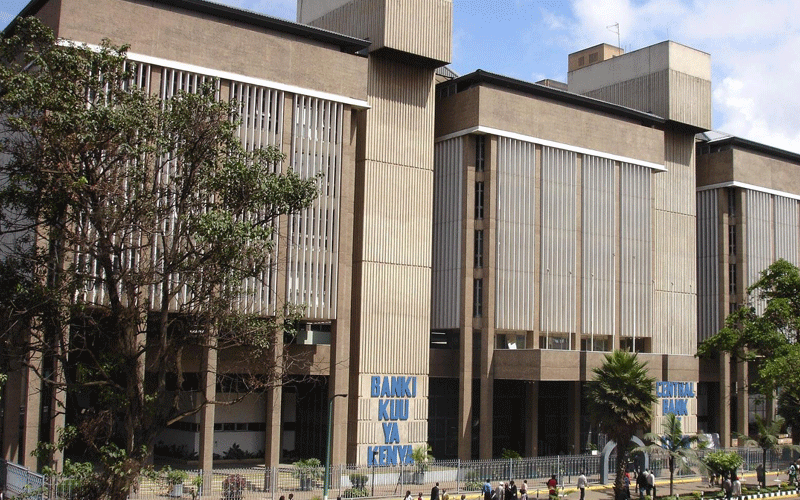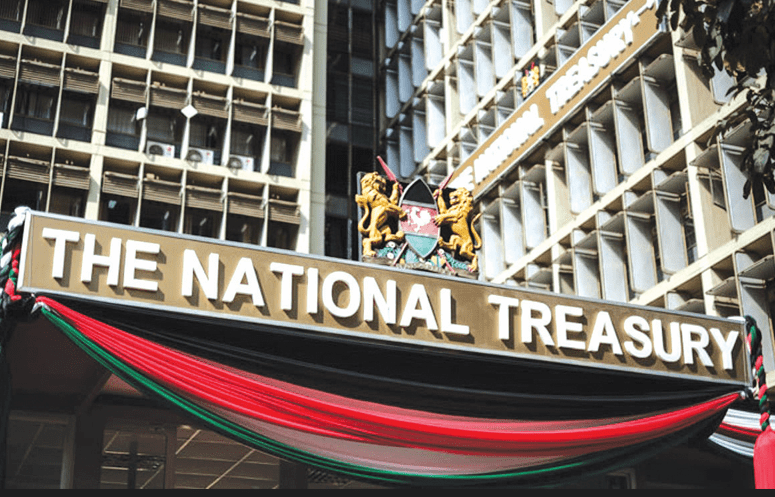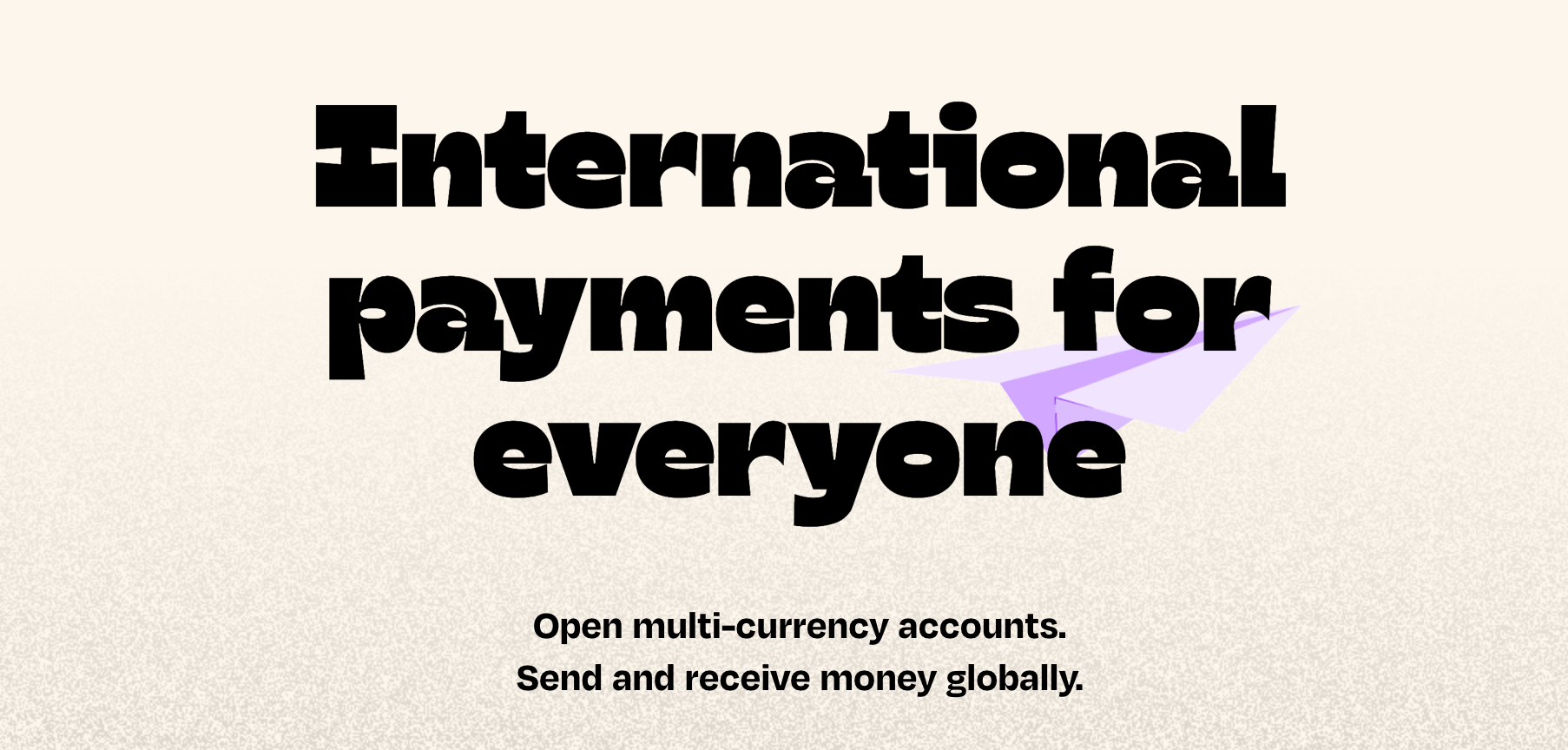Households living on the edge as cash crunch bites

Steve Umidha @UmidhaSteve
More than half of Kenyan households continue to face a myriad of economic and health-related problems, according to GeoPoll’s latest study.
The poll finds that about 55 per cent of those interviewed for the study were facing serious financial pain during the pandemic as at December 2020.
And it is now feared that the trend could carry on in the early months of this year with the majority of adults still out of employment.
In the study on the negative effects of the Coronavirus (Covid-19) pandemic, GeoPoll also found a link between financial suffering and emotional well-being.
Those polled said that their income had decreased a lot since June 2020, with over a quarter of respondents stating that their emotional health had become “much worse”, this compared to just 10 per cent of those whose incomes had decreased slightly, stayed the same, or increased.
It said lack of financial power has been one the biggest challenges of the pandemic.
“Over half of respondents reported that finance is their biggest challenge, above both physical health and emotional wellbeing, staying at home, and the illness of a loved one,” reads the just released report.
In addition, the survey found that since June 2020, an even higher percentage than in the initial study, 79 per cent, stated that their income had decreased.
The study was conducted late last year in six countries, namely, Côte D’Ivoire, Democratic Republic of Congo, Kenya, Mozambique, Nigeria, and South Africa using a list of mobile subscribers in each of them.
It also found that a good number of Kenyans’ health had been impacted as a result of uncertainty in their finances and whether or not they’ll still have their jobs in the long term.
Emotional distress
“The level of emotional distress examined differs by country, and we found that Kenyans reported being the worst off compared to last year, with 64 per cent saying they are feeling worse emotionally,” added the report.
Macharia Kamau, an economist and a banker is, however, optimistic that the tides could change beginning second quarter of the year buoyed by positive sentiments seen in the last quarter of 2020.
“I am expecting the first quarter of the year to be ‘quiet’ but this will change almost immediately from April and the rest of the year will be relatively better for most Kenyans. It cannot get worse than 2020,” he said in a telephone interview.
The survey also found that numerous government incentives and other forms of support did not have much impact on alleviating most of the struggles of Kenyans.
Among those incentives included Central Bank of Kenya (CBK)’s suspension of credit reference bureau (CRB) listing for loans that were defaulted after April 1, a relief that was aimed at cushioning Kenyans from the economic fallout that came with Covid-19 that lasted for six months to September 30.
Commercial Banks had from Monday started listing thousands of loan defaulters with credit reference bureaus following the expiry of the three-month notice period for blacklisting borrowers of unpaid credit.
Lenders offered defaulters 90 days from October 1 to start repaying their loans after CBK lifted the six-month freeze for listing borrowers who have failed to pay loans in the wake of the coronavirus economic fallout.















